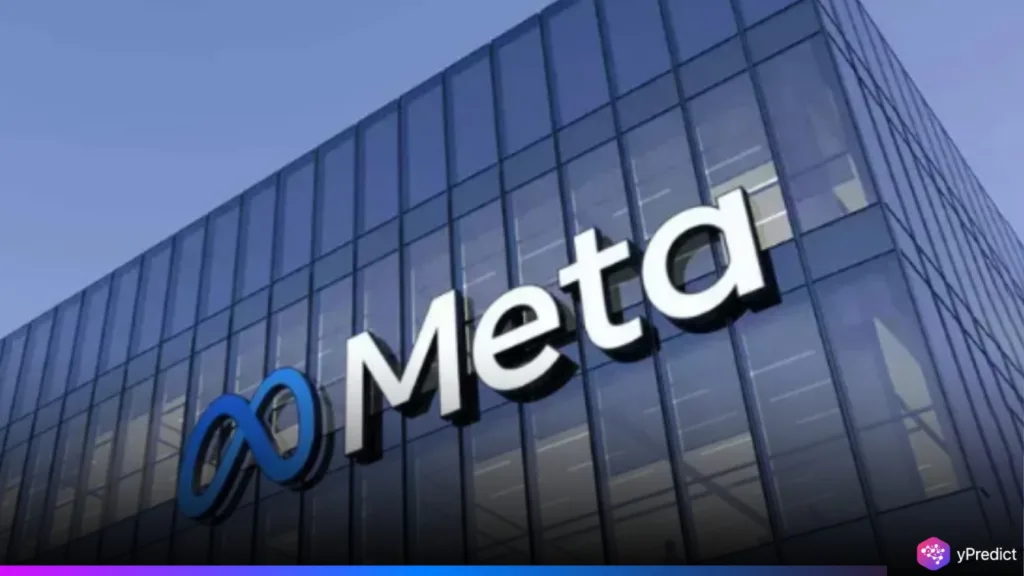
Meta AI is under renewed fire over claims of “open washing” following its sponsorship of a recent Linux Foundation research paper. The report endorses Open Source AI tools, but detractors claim that Meta is leaning on a platform to re-conceptualize its Llama models as Open Source, despite substantial limitations in licensing. The conflict exacerbates existing debates about AI licensing in the industry, especially as regulators and companies depend more on open-source ideas around how to develop, deploy, and hold AI accountable.
Study Promotes Open Source AI Cost Advantages
The Linux Foundation published the sponsored research paper earlier this month, detailing the economic and operational advantages of open-source AI systems. According to the study, Open Source AI offers a cost-effective path for enterprises, with small businesses in particular saving significantly when compared to proprietary models.
The report suggests that firms adopting closed-source AI models spend as much as 3.5 times on software costs than they do on open-source tools. This mirrors a January survey of IBM and Morning Consult, which found that over half of the enterprises using open-source AI report better returns on investment. Critics have pointed out that whatever credibility or neutrality the report has is reduced because it was sponsored by Meta AI. The paper cites Meta’s Llama model range as a key example of open-source success, sparking backlash from open-source advocates who dispute that classification.
Critics Call Out Meta’s AI Licensing Restrictions
At the heart of the issue is Meta AI’s approach to AI licensing. While Meta promotes Llama as an open-source model, industry stakeholders argue that its commercial usage restrictions disqualify it from being open-source.
Amanda Brock, CEO of OpenUK, openly challenged Meta’s claims. She pointed out that the Llama license includes commercial limitations that contradict the Open Source Software Definition (OSD) established by the Open Source Initiative (OSI). Brock stated that Llama isn’t Open Source, no matter your definition, and criticized the lack of transparency in Meta’s messaging and the Linux Foundation’s report. The OSI also weighed in, accusing Meta of falsely branding Llama as Open Source. They argue that these types of claims confuse the AI community and mislead users about what freedoms open-source licensing includes.
“Open Washing” Concerns Escalate
The term “open washing” has gained traction in recent years to describe companies that market AI models as Open Source while imposing restrictive licensing terms. In Meta’s case, critics argue that the company is using open-source branding to gain regulatory and commercial advantages without adhering to core open-source principles.
With governments like the EU now linking open-source status to liability exemptions and AI safety standards, the stakes are higher than ever. Mislabeling models could have legal and societal consequences, not just technical implications. Brock warned that open washing now extends beyond ethical concerns. This isn’t just a software issue anymore, it’s societal. Regulators are starting to use ‘Open Source’ as a legal benchmark in AI rules. If companies misuse the label, the consequences will be real.
Meta’s Case Isn’t Unique in the AI Sector
Meta AI is not alone in facing criticism over AI licensing. In March 2024, Databricks launched its large language model, DBRX, which also came under fire for not meeting open-source standards. Experts highlighted that the model’s external use policies and licensing structure conflicted with the OSI guidelines.
As demand grows for transparent, accessible, and ethical AI models, scrutiny over AI licensing terms continues to intensify. Meta’s defenders argue that Llama still represents progress in making AI more available to the public. But critics insist that calling it Open Source without meeting accepted definitions sets a dangerous precedent.






